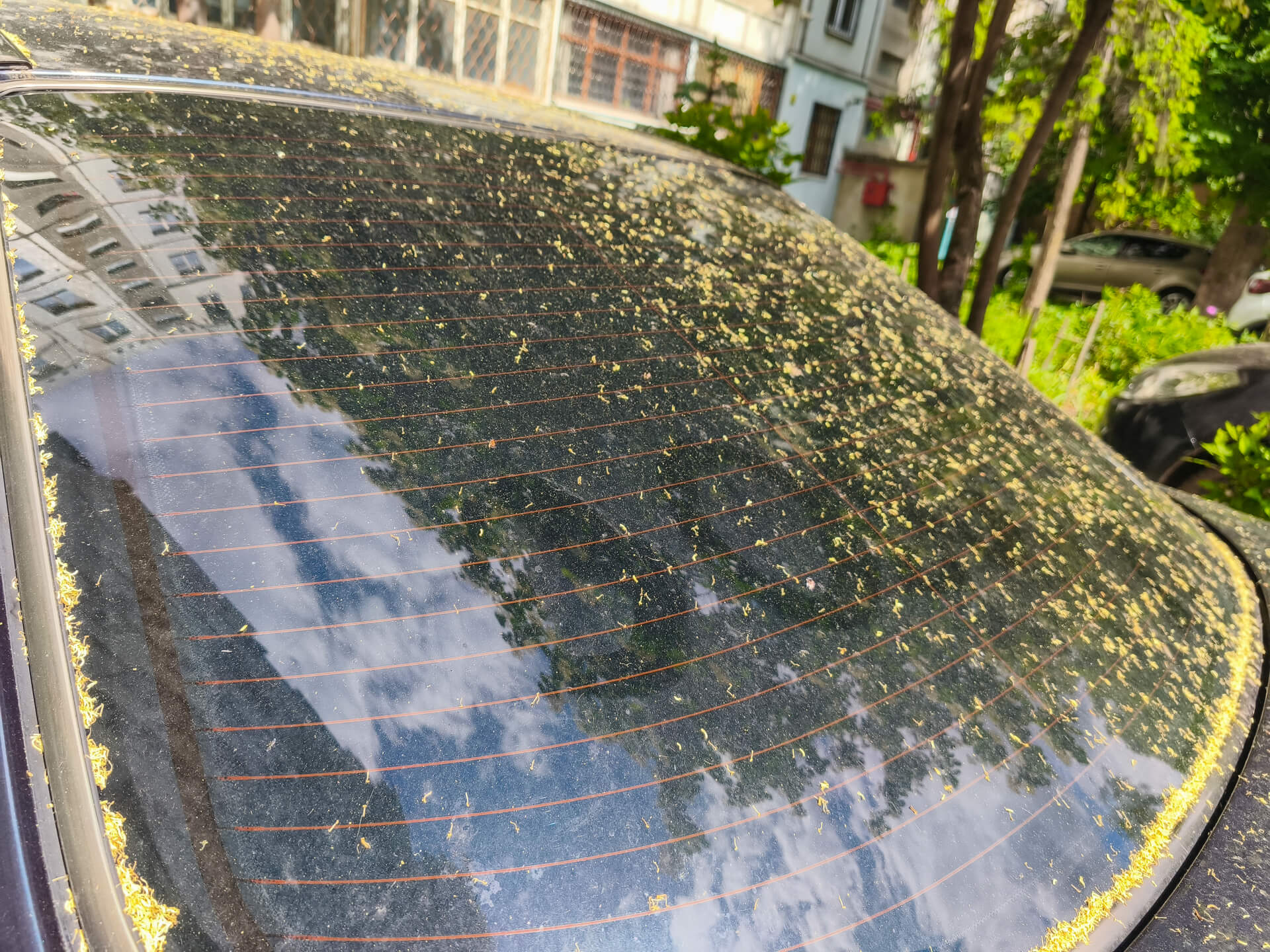
Do You Still Need Car Insurance If You Don’t Drive Often? (Like, at all?)

by Erin Anderson
Maybe you work from home now. Maybe your car mostly sits in the garage. Maybe you're holding onto an older vehicle for "just in case" drives.
Whatever the reason, if you barely touch the steering wheel these days, you might be wondering:
Do I still need car insurance if I hardly ever drive?
It's a fair question — especially with rising premiums. But the answer isn't as straightforward as yes or no. Let's break it down.
First: Are You Legally Required to Have Insurance?
In most states? Yes — if the car is registered and parked on public roads.
Even if you're not driving it, your vehicle needs to be insured if:
- It's registered in your name
- It's parked in a public space (like the street or a shared parking lot)
- You occasionally drive it (even just to move it)
Exceptions:
- Some states allow you to suspend coverage if your vehicle is stored and unregistered
- If your car is fully off the road (in a garage, on blocks, etc.), you may not technically need coverage — but there's a catch (more on that below)
What Could Go Wrong If You Cancel Coverage?
If you're tempted to pause or cancel your policy completely, here's what to consider:
1. You Could Lose Protection Against Theft, Fire, or Vandalism
Even if you're not driving, your car is still exposed to risk.
Comprehensive coverage — the part of your policy that protects against non-driving damage — may be your only safeguard if:
- A tree falls on your parked car
- It gets keyed or vandalized
- It's stolen from your driveway or garage
No coverage = no payout.
2. You Might Face Penalties or Lapses
If you cancel your policy and forget to unregister your car, you could be fined for being uninsured — even if the vehicle is just sitting there.
Even worse: a lapse in insurance can make your rates go up when you do need coverage again. Insurers often see gaps as high-risk behavior.
3. You'll Be on the Hook in an Emergency
Say a friend borrows your car. Or you need to move it quickly. If you drive — even once — without insurance and get into an accident, you could be personally liable for injuries or damage.
What Are Your Low-Use Insurance Options?
If you're driving rarely but still want protection, you do have some middle-ground choices.
✅ Comprehensive-Only Coverage (Storage Insurance)
This is a stripped-down policy that covers your car against theft, fire, vandalism, weather, and more — but not collisions or liability. It's perfect for stored or unused vehicles.
✅ Pay-Per-Mile Insurance
If you drive occasionally but consistently, a pay-per-mile policy charges you based on how much you actually drive — which can be much cheaper for low-mileage drivers.
✅ Named Non-Owner Insurance
If you no longer own a car but still drive once in a while (like borrowing a friend's), this policy covers you for liability — without tying you to a specific vehicle.
So… Do You Still Need It?
If you truly never drive, have the car in storage, and live in a state that allows policy suspension? You might be able to go without — but only if you cancel registration and take proper steps.
Otherwise, some level of insurance is still smart — even if it's just comprehensive coverage to protect against damage while the car is parked.
The key is to match your policy to your actual use. You don't need to pay full price for a policy built for daily commuters — but you also don't want to be left unprotected when something unexpected happens.
The Bottom Line
Not driving much might save you gas money — but skipping insurance altogether could cost you more than you think. Whether your car is parked for a season or just used on weekends, the right low-mileage or storage policy can keep you protected without overpaying.
And if you're not sure your current coverage fits your driving habits? It might be time to take a fresh look. Many insurers now offer flexible options for low-use drivers — and comparing them could help you find a policy that actually makes sense for how you drive now, not how you drove five years ago.